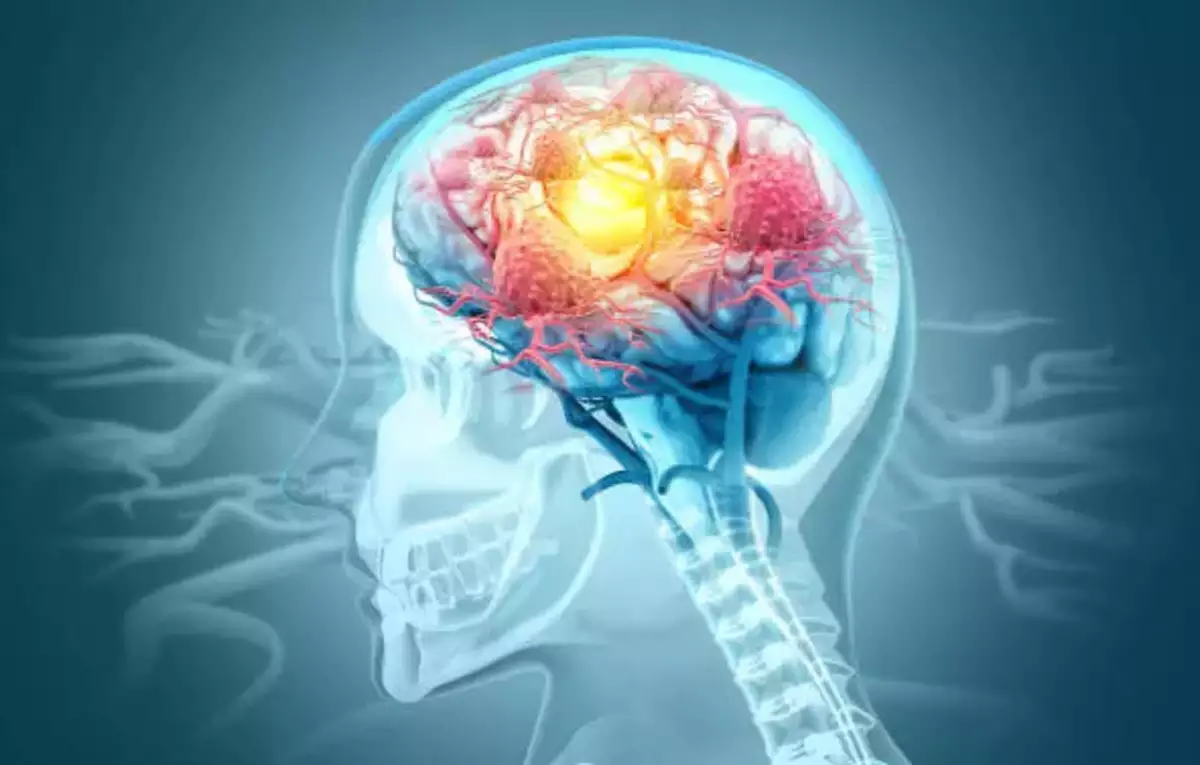When we talk about conditions like Alzheimer’s, Parkinson’s, or ALS, it’s easy to feel overwhelmed by the complex nature of these neurodegenerative conditions. These diseases affect the brain and nervous system, gradually deteriorating cognitive function and disrupting daily life. But thanks to new advancements in stem cell therapy, there’s hope for better treatments that may slow down or even repair the damage caused by these challenging illnesses.
How Stem Cell Therapy Works for Neurodegenerative Conditions
Stem cell therapy offers something unique: the ability to replace damaged cells with healthy ones. Stem cells are special because they can transform into different types of cells the body needs, including brain cells. In treating brain health issues, scientists aim to use these cells to rebuild damaged areas of the brain, hoping to slow down disease progression and even improve cognitive abilities in some cases.
Recent Advances in Stem Cell Therapy for Brain Health
Over the past few years, researchers have made significant progress in therapy innovations. Here’s what’s new and exciting in the world of stem cell therapy for neurodegenerative conditions:
- Personalized Cell Treatments
Scientists are working on customizing stem cells to match a patient’s genetic profile. This means that treatments could become more effective, as the cells are specifically designed to work with each individual’s body.
- Improved Delivery Methods
Traditionally, getting stem cells to the brain has been challenging. Recent breakthroughs in delivery methods are making it easier to target the brain directly, increasing the therapy’s effectiveness.
- Combining Therapies for Better Results
Many researchers are now exploring ways to use stem cell therapy in combination with other treatments, like medications or lifestyle interventions, to maximize brain health improvements.
Potential Benefits of Stem Cell Therapy for Neurodegenerative Diseases
While stem cell therapy is not yet a cure, it holds a lot of promise. Here’s how it may help:
- Slowing Disease Progression: For conditions like Alzheimer’s or Parkinson’s, stem cell therapy could potentially slow down the rate of cell damage, giving patients more quality time.
- Enhancing Cognitive Function: Stem cells may help repair damaged brain cells, which could lead to improvements in memory, learning, and other cognitive skills.
- Supporting Overall Brain Health: Beyond cognitive improvements, stem cell therapy may also help improve other aspects of brain health, like motor skills and emotional well-being.
What’s the Role of a Stem Cell Therapy Clinic?
Choosing a reputable stem cell therapy clinic is crucial for anyone considering this treatment. These clinics are staffed with medical experts who specialize in stem cell treatments and are up-to-date on the latest research and techniques. They provide guidance on whether stem cell therapy could be beneficial based on the specific neurodegenerative condition and personal health needs.
To Sum Up
The future of stem cell therapy is bright and full of potential. With continued advancements, we may soon see stem cell therapy become a more common and accessible treatment for various neurodegenerative conditions. Researchers are optimistic about finding ways to use stem cells to not only treat symptoms but also to repair the brain and improve cognitive function in meaningful ways.
Ready to Explore Stem Cell Therapy Options? Contact Zigna Genix
If you or a loved one is interested in exploring stem cell therapy options, connecting with a trusted stem cell therapy clinic like Zigna Genix can be a valuable next step. Their experts can provide insights into how this therapy supports brain health and improves life quality.
Start your journey towards better brain health today by consulting with Zigna Genix For Your stem cell therapy!


